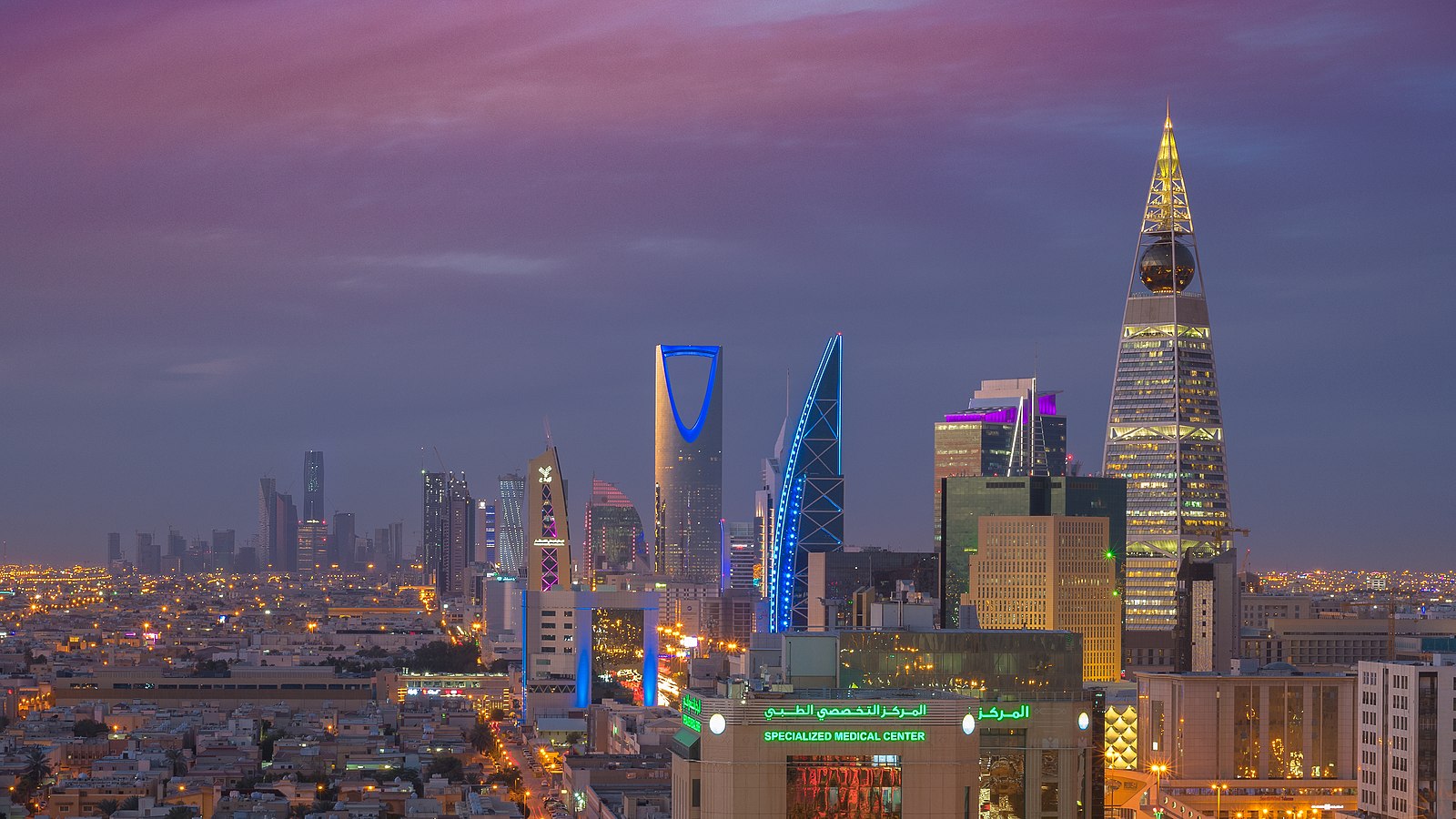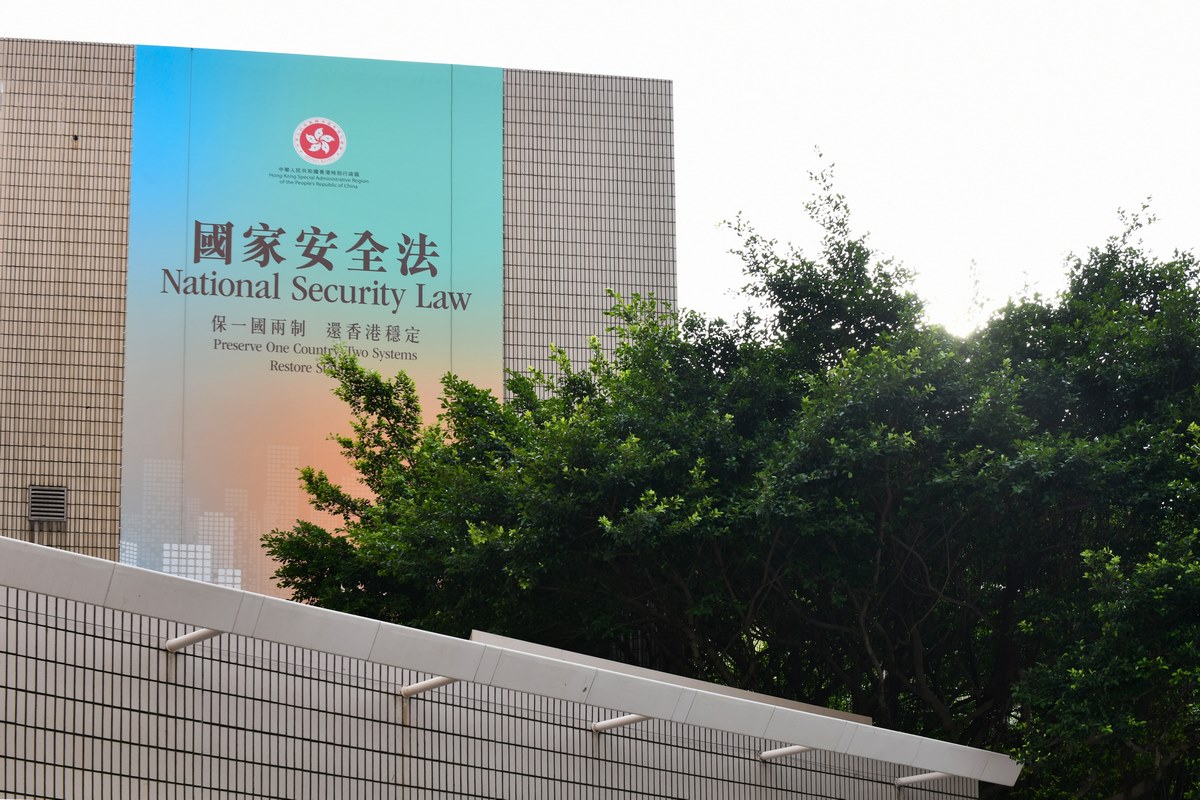
Podcast: nullify the election! II
As the Trump team’s plans fall into place for mass detention of millions of undocumented immigrants—perhaps even naturalized citizens—and establishment of a concentration camp system, invocation of the Insurrection Act to mobilize the army for the round-ups has been broached. Sending National Guard troops from red states into blue states to carry out round-ups and put down protests—over the objections of governors who have refused to cooperate—could portend civil war. There is still time to invoke the 14th Amendment to bar Trump from the presidency—just as Brazil’s Jair Bolsonaro, indicted for leading a Trump-style attempted auto-golpe in 2022, has been barred from office. And just as the Congressional Black Caucus sought to bar Dubya Bush from office over considerably lesser matters on Jan. 6, 2001. In Episode 253 of the CounterVortex podcast, Bill Weinberg continues to make the case for mass pressure to demand nullification of the election. (Image: CounterVortex)











